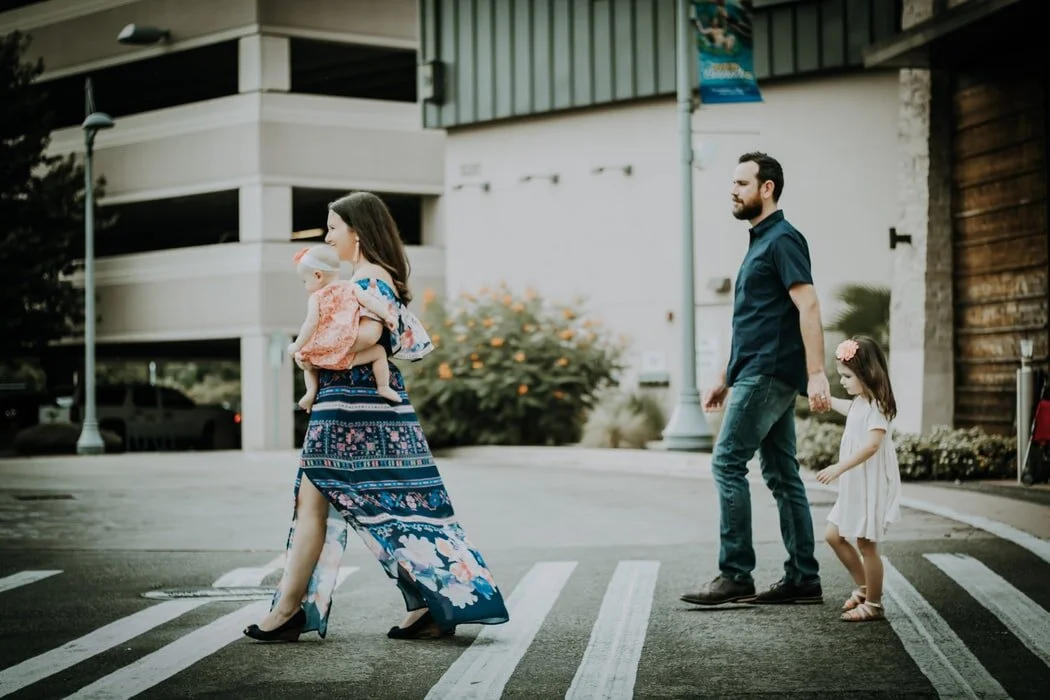Adoption is less about getting a child for your family and more about giving your family for a child. Caring for children without families does not begin with what they have to offer us but with what we must be willing to offer them, no matter what, at all costs.
Of all the gifts we can give an orphan none is more precious than the safety and security of a family identity. The lack of this in a child's life is what technically classifies them as an orphan, so the provision of this for them brings about a monumental and comprehensive shift in who they are and what they know. No longer an orphan, they are now a son or a daughter, a brother or a sister. No longer without the care and nurturing they once lacked, they now know love, not just in the words spoken to them but through the arms of those wrapped around them who have willingly, joyfully and sacrificially done whatever was necessary to give them a family they could call their very own.
A VERY REAL AND IMPORTANT QUESTION
The process of adoption is often laborious and overwhelming. Paperwork, money, home inspections, court hearings, lawyers and the endless red-tape of governmental agencies. Quite frankly it's incredible to consider how difficult certain systems make it to help a child in need. Your motives for adopting will be confronted and your resilience to see it through to the end will be severely tested. You may question at times whether or not it's worth it, and you will be forced on several occasions to ask and answer a very important question - Why are we doing this?
At the end of the day you are doing it for a child in need. A child who deserves to know and be raised in a loving and caring home. A child who needs the family you have and is dependent upon your willingness to do whatever it takes to give it.
A FAMILY-GIVING MECHANISM
This is why adoption is first a family-giving mechanism before it is a family-growth mechanism. It's the call to open your family to a child whose world would otherwise be closed off to the safety and security of knowing a nurturing and loving home. That's not to say that a family can't grow through adoption - it obviously does - or that a family doesn't receive endless amounts of blessings and joy through adoption - it no doubt can. It is to say, however, that our first call is to give, not receive - to recognize that true service of others almost always involves true sacrifice of self. Only the Gospel can produce that posture.
As we began the process of adopting our baby girl we were wholly unaware of this side of things. Our assumption going into it was pretty simple - we would bring a child into our family. Unexpectedly, however, something very profound began to happen. The lines of adoption began to blur a bit, to the point where we weren't quite sure if we were adopting her or if she really was the one adopting us. Were we bringing her into our family or was she really bringing our family into her? A subtle distinction with significant implications.
GOSPEL-CENTRIC ADOPTION
Consider the following chart: The Gospel is by nature rooted in the theology of giving. It is a story of “great exchange” – God’s righteousness for our unrighteousness, His holiness for our sin, the fullness of His glory for the emptiness of our vanity. Jesus laid down the infinite value of His own life so that we might know the immeasurable worth of being fully loved by Him (2 Corinthians 8:9). We were isolated and orphaned, but He gave. His eternal family is now ours.
If you were to take an honest evaluation of your heart today, where would your motivations towards adoption (or lack thereof) fall on this spectrum?
The work we do to care for orphans must first be gospel-centric in scope otherwise a family-centric motivation will dominate our efforts - and when the demands on our family seem too much to bear we'll lose sight of the benefits a child may gain to receive if we would just remain faithful to giving, no matter what.
Giving first before receiving. Offering to others first before expecting for ourselves. This is the gospel-centered life and the responsibility we have to bring that to bear in how we engage the orphan crisis around us. In the end, the Gospel of giving is paramount in the posture we take towards the work of bringing a child into our family - and the even greater honor we have of bringing our family to a child.


